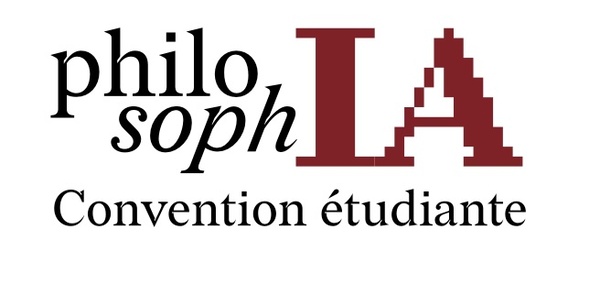
Small References to Review for the Convention
References for the Convention
Reference Study: “We Retain Less Information and Methods When Using ChatGPT!”
How much effort is needed to truly learn? What remains after a tutorial or a practical session? Every teacher knows that acquiring knowledge means being able to use it later. This requires a certain level of effort. In this article (from CACM news), the authors confirm what we suspected. The experiment is simple and revealing: Eric Klopfer (MIT) demonstrated that students using language models like ChatGPT solved problems faster (phew!) but retained less information compared to those using traditional methods. This does not only concern simple facts (which could be quickly retrieved by searching encyclopedias) but also problem-solving processes. In short, if we want to learn how to solve problems, we should not just see problems and solutions but construct our own cognitive process. This was an expected result, but now it is confirmed. Ultimately, it is the same as having someone else do your homework: it gets done faster, but nothing is learned.
Multiple Resources at the MAPI of the University of Bordeaux
The University of Bordeaux offers a set of clear, accessible, and well-designed educational resources on generative artificial intelligence (GAI), aimed at teachers, students, and tutors. This comprehensive kit covers key issues related to AI, explaining its functioning, advantages, and limitations while providing concrete ways to integrate it into teaching. It includes suitable educational activities, example prompts, best practices, and a selection of tools tested by the educational engineers at MAPI. Specific support is also available to assist both students and teachers in this digital transition. Additionally, in-person and online training sessions, as well as replays of roundtables and podcasts, allow for a deeper exploration of the challenges and opportunities of AI in education. All resources are accessible via the university’s Moodle learning platform.
University of Bordeaux Resources on Generative AI
UNESCO Recommendations on AI Ethics
UNESCO is a key organization, particularly when it comes to AI ethics. The recommendation adopted in 2021 remains highly relevant. This document establishes an essential framework for the responsible development and use of AI, emphasizing the protection of fundamental rights, gender equality, transparency, and environmental impact. Among the 11 strategic action areas, education plays a central role, with recommendations aimed at adapting teaching practices to technological advancements, developing media and information literacy, and promoting critical and ethical learning about AI technologies. The goal is to ensure equitable access to knowledge and train citizens capable of engaging with these technologies in an informed manner. The big question is: how should we use this tool? Will it further widen inequalities, or can we leverage AI to promote cultural, social, and cognitive diversity while encouraging inclusive and sustainable practices? (The answer is in the question).
Publication page of the document
Resources Collected and Produced by the UNESCO RELIA Chair
The UNESCO RELIA Chair (Open Educational Resources and Artificial Intelligence), hosted by Nantes University, focuses on education and artificial intelligence. Led by Colin de la Higuera, it conducts research, science communication, dissemination, and training activities. The Chair supports the teaching of computer science and AI, particularly in secondary education, and strongly encourages the use of Open Educational Resources (OER). Its website provides numerous resources and presentations on these topics, enabling teachers and researchers to access a variety of AI and education-related content. The Chair’s resources are abundant and consistently of high quality, including insights from other European countries (see, for example, the video from the Italian school on AI).
UNESCO RELIA Chair (Colin de la Higuera)
Canopé Network: Education and AI
The Canopé Network offers a wide range of resources and training for teachers. On its website, you can find studies, thematic reports, testimonials, and infographics, particularly on artificial intelligence in education. A particularly recommended resource is the portfolio cited below, in which the authors explore the uses of AI in education (new pedagogical interactions, assessment methods, hybrid learning environments, etc.). It includes several case studies and experiments on the familiarization of students and teachers with AI, as well as proposals for evolving educational practices (including course design), along with resources and methodologies to help teachers understand and integrate AI into the classroom.
Colin de la Higuera’s Answers to Middle School Students
Colin de la Higuera, head of the UNESCO Chair on Open Digital Education, is one of the leading experts on the adoption of AI in schools. While the questions in this interview focus more on AI for middle school students, it is still highly relevant when considering AI integration in higher education. A must-listen before the convention!
The Demo.ES Project Led by Lucie Jacquet-Malo
Lucie Jacquet-Malo has agreed to be the patron of our convention. She leads a nationwide project on AI adoption in higher education: the Demo.ES project, in collaboration with EdTechs. You can find more details on the project’s website!

